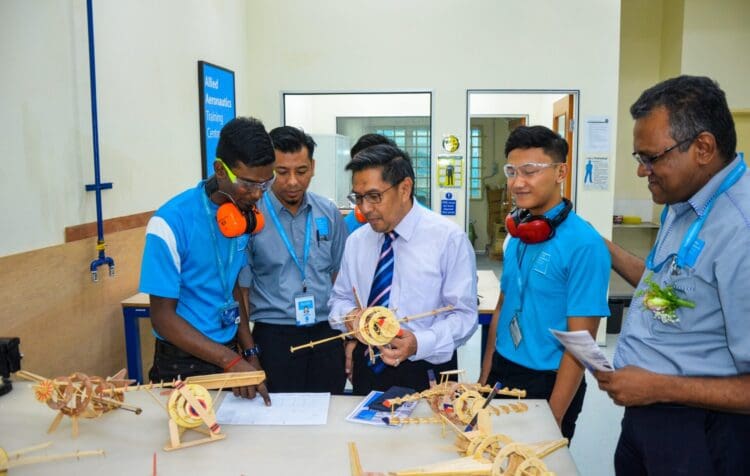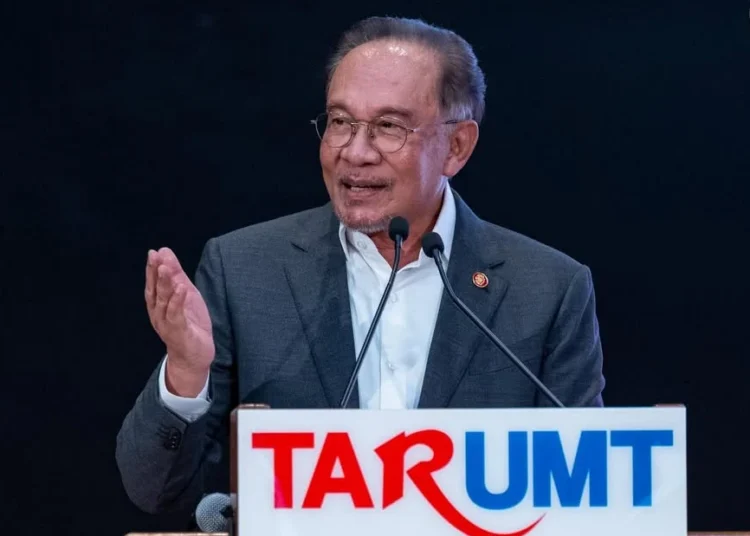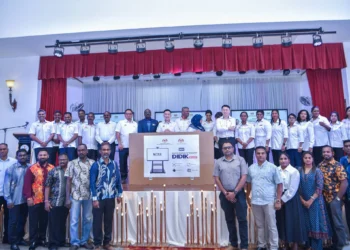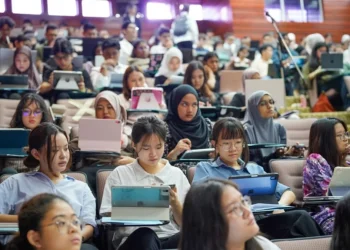Technical and Vocational Education and Training (TVET) plays a crucial role as an educational and training system focused on job readiness. It prioritizes practical industry experience to develop a skilled workforce in various specialized fields. Technical and Vocational Education and Training (TVET) is an essential educational framework aimed at equipping individuals with the skills and knowledge necessary for specific trades and professions. By integrating theoretical instruction with hands-on industry practice, TVET ensures that learners are job-ready and capable of meeting the demands of the workforce.
Higher Education Minister Datuk Seri Zambry Abd Kadir emphasized the necessity for government policies to prioritize the significance of TVET. He pointed out that the government’s past emphasis was on universities as the primary source of job preparation. However, he noted that in developed countries like Japan, Germany, and China, there is a significant focus on technical education at the campus level. He stressed that both technical and academic education should be given equal priority to produce the workforce the country needs. This means the government is reviewing the education system to ensure a balanced approach, meeting the nation’s workforce requirements.

Zambry made these remarks during his appearance on Bernama TV’s Ruang Bicara program, where he discussed the topic “Digitalization of TVET Produces Highly Skilled Graduates.” The program was broadcast live tonight. He stated that to align the workforce with industry needs for skills and expertise, a strong partnership between the government, educational institutions, and industry is essential. This tripartite partnership aims to create a seamless integration of academic knowledge and practical skills, ensuring that the workforce is well-equipped to contribute effectively to the country’s economic growth and development.
“The TVET ecosystem in education is very important, it is not based on just theory. In the context of relationship between the universities, industry and government, we know that the government’s policies in terms of industries include new policies,” he said.
Meanwhile, Zambry mentioned that the upcoming 2030 National TVET Policy, set to be unveiled by Prime Minister Datuk Seri Anwar Ibrahim on Saturday, is poised to bring a transformative perspective to the country’s education system. This policy aims to revolutionize the approach to technical and vocational education, enhancing its role and integration within the broader educational framework. By focusing on future-oriented skills and industry demands, the policy is expected to pave the way for a more dynamic and responsive educational environment, ultimately contributing to the development of a highly skilled and competitive workforce by 2030.
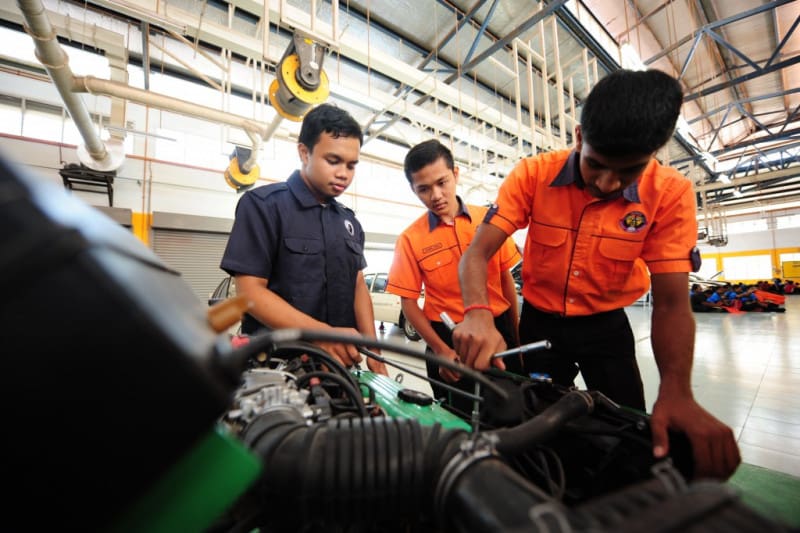
Zambry highlighted that educational opportunities will no longer be confined to traditional universities and colleges, emphasizing a more inclusive approach to learning. He pointed out that individuals possess diverse talents and areas of expertise; while some may excel in hands-on, practical skills, others may shine in academic settings and excel in exam-based evaluations.
This recognition of different strengths is crucial for developing a well-rounded workforce. Zambry stressed the importance of valuing and integrating both practical and academic expertise within the education system, acknowledging that both types of knowledge are essential and complementary. By doing so, the education system can cater to a broader spectrum of learners, ensuring that all individuals have the opportunity to develop their skills and contribute meaningfully to the workforce, regardless of their preferred learning style or field of expertise. As Malaysia strides towards a future characterized by innovation and competitiveness, embracing the transformative potential of TVET will be instrumental in realizing this vision.
Source: Bernama
Follow us on Instagram, Facebook or Telegram for more updates and breaking news.


